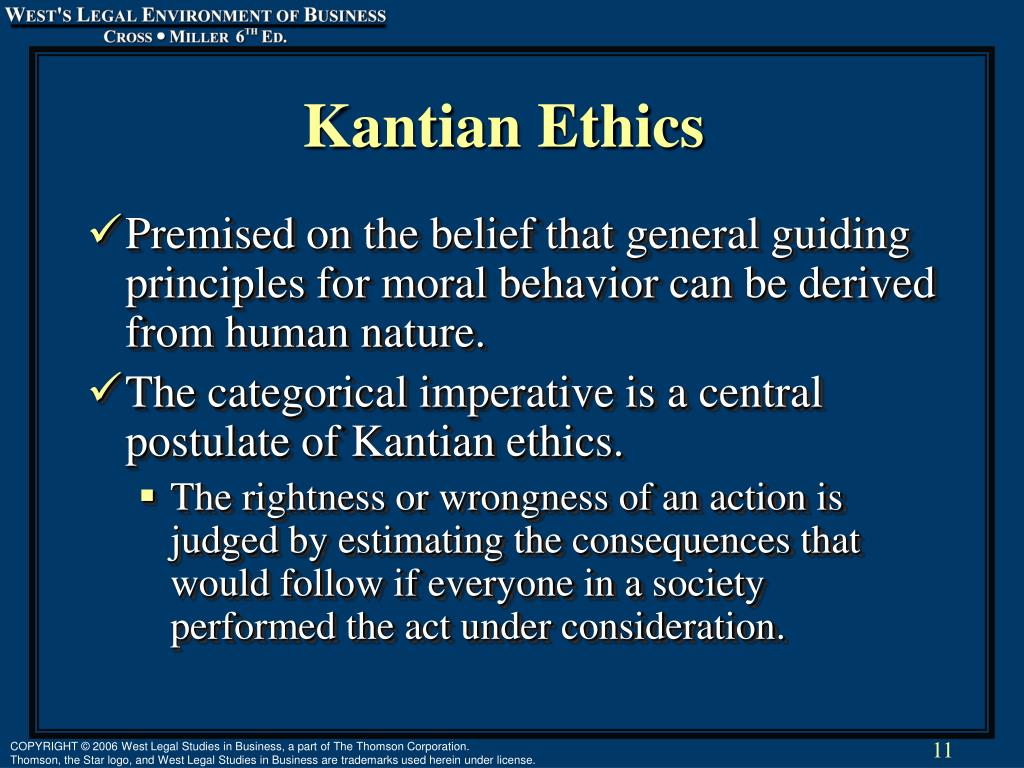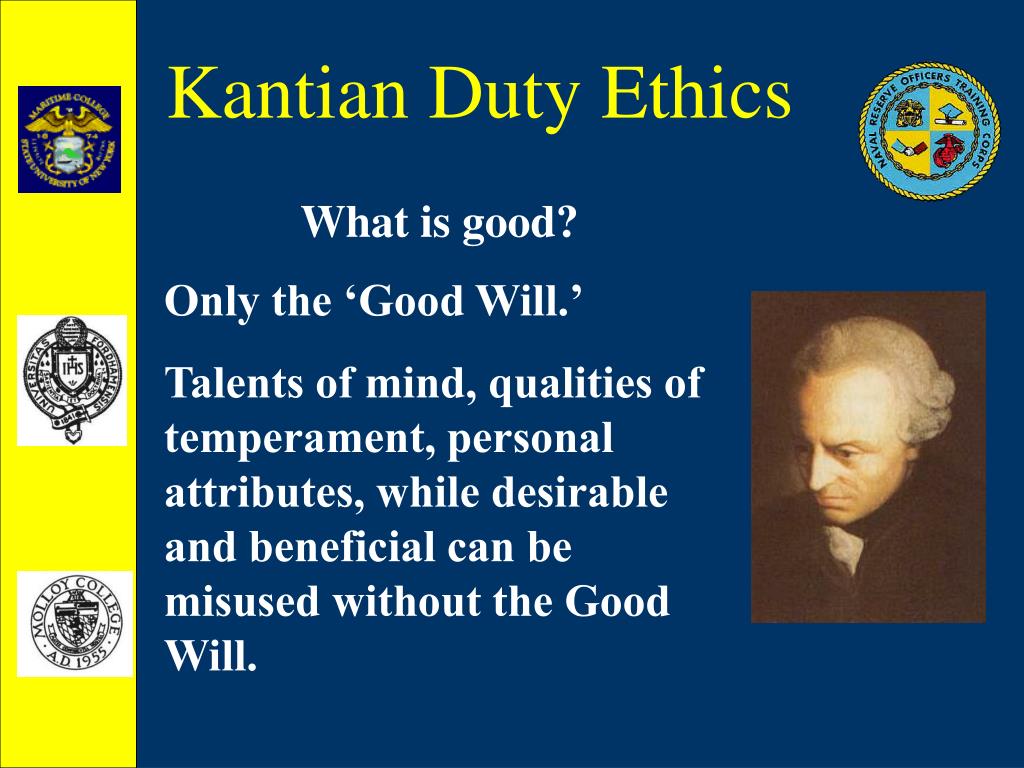

Al obviously has knowledge of the history of the vehicle, which includes all the issues it has, and he is hiding a transmission leak in the SUV so he can avoid expenses that are required to fix it. Satzoner that the SUV she is looking to purchase is in “tiptop condition” (Burnor and Raley), in order to finalize the sale of the SUV. The best example used to demonstrate this principle is Al’s dishonest treatment of Mrs. According to the authors of the book, “Kant’s principle of an ends offers us a profound moral insight” (Burnor and Raley). Then there is ‘end’, which is the goal you are attempting to get to. In this case, ‘means’ is commonly defined as a tool or even a way of reaching your goal at some cost. Honestly, this principle can be a bit confusing if you do not know what Kant’s definition of ‘means’ and ‘end’ are. Intrinsic value is essential and should be taken into consideration when it comes to the principle of ends. Essentially, the principle of ends is to “Act so as to treat every person affected by your action (including yourself) as an end and never as a means only” (Burnor and Raley). Principle of Ends is another attractive quality of Kantian Deontology. A bonus detail that makes universality attractive is the fact that it responds to Utilitarianism’s weakness of not even having universalism.

The thing to remember about Kant’s purpose isthat he wants to try andshowhow moral principles can arise from reason.

Rational sense of universalizing a maxim is what differs Kant’s belief from the golden rule. Reading this may bring the golden rule to mind, but it is not the same thing. In relation to that, an observation that has resulted from studying Kant’s universality of morals is “each person has the same moral worth, it follows that each person deserves exactly the same degree of respect”(Burnor and Raley).

Can lying be universalized? The answer would be ‘no’ because the point of lying is to deceive someone (whether it is a big or small deception) and if lying were a regular everyday maxim, then everyone would know they are being deceived. The best way to demonstrate how a maxim is determined rational enough to be universalized is by applying it to a simple concept like lying. When it comes down to the fundamentals of universality of morals, Kant’s “strategy is to let the morality of an act depend on whether rational sense can be made of that act being established as a universal practice” (Burnor and Raley). He uses the term maxim to refer to “rule of conduct or behavior that one can act in accordance with”(Burnor and Raley). Universality of one’s morals is at the top of the ‘attractive qualities’ list of Kantian Deontology.


 0 kommentar(er)
0 kommentar(er)
